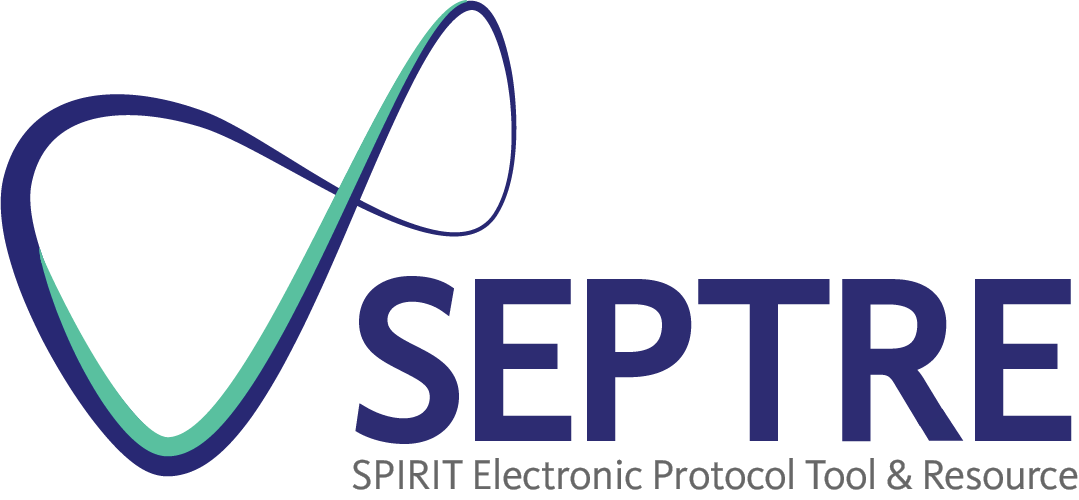Item 33: Plans for collection, laboratory evaluation, and storage of biological specimens for genetic or molecular analysis in the current trial and for future use in ancillary studies, if applicable.
Example
“White Blood Cell and Plasma Collection Procedures
1.0 OBJECTIVES
1.1 To provide a resource for studies of early markers, etiology, and genetic risk factors for prostate cancer and other diseases.
2.0 BACKGROUND
The Prostate Cancer Prevention Trial (PCPT) is a randomized double blind chemoprevention trial . . .
Initial blood collection was specifically for the analysis of PSA [prostate specific antigen] and storage of serum . . . an additional blood collection will be carried out using anticoagulant so that plasma and white blood cells can be isolated. Plasma will allow the analysis of additional biomarkers . . . This DNA will be used (among other possible uses) for studies to investigate polymorphisms in genes which may influence prostate cancer risk . . .
The PCPT WBC [white blood cell] sample will be available to PCPT investigators as well as outside researchers who have important, timely hypotheses to test. Because the sample bank is a limited resource, proposals to use it will be evaluated in terms of scientific relevance, significance, and validity as well as the potential impact of the proposed study. The amount and type of material needed will also be considered and the efficient use of material will be required. Strict confidentiality will be exercised and the information provided to investigators will not contain personal identifiers.
When specific uses of the WBC samples are approved, the SWOG-9217 protocol will be amended.
Participation in this research is not required for continued participation in the PCPT.
3.0 METHODS
3.1 Because the original model consent form did not specifically address genetic studies, participants will be asked to sign an additional consent form to document their consent to the collection and submission of additional blood samples for storage and future testing (including genetic analysis).
3.2 Institutions will be asked to submit additional materials from participants who consent to the additional blood collection. The blood is to be collected, processed and shipped as described in the PCPT Study Manual.
3.3 NCI-Frederick Cancer Research Development Center (FCRDC) in Frederick, Maryland will serve as the processing, aliquotting and storage facility
3.4 Upon arrival at FCRDC the blood will be pooled and centrifuged. Plasma will be separated into 5 x 1.8 ml aliquots and frozen . . .
3.5 All samples will be logged in and aliquots will be bar coded with a unique storage ID [identifier]. These data will be electronically transmitted to the Statistical Center for verification.
3.6 The scientists who will carry out analyses on these materials will not have access to personal identifiers and will not be able to link the results of these tests to personal identifier information. No individual results will be presented in publications or other reports . . .
3.7 Participants will not be informed on an individual basis of any results from these studies . . .
4.0 SAMPLE ANALYSIS
4.1 Investigators planning to submit NIH [National Institutes of Health] grant applications must obtain approval for their study and specimen access from the PCPT Serum and Tissue Utilization Committee before submission of a grant proposal. Potential investigators will be required to submit a brief abstract and 1 – 4 page outline . . . This proposal will be circulated for review to members of the PCPT Serum and Tissue Utilization Committee and two ad hoc members having relevant expertise . . .
4.2 It is anticipated that proposals will be reviewed once a year . . . Approval by this group as well as appropriate Institutional Review Board approval from the investigator’s institution will be required before release of samples.”416
Explanation
Biological specimens (e.g., biopsy tissue; blood for DNA extraction) obtained during the conduct of clinical trials can be stored in repositories – often designated as biobanks – for the current trial and future research. This process is usually governed by local regulation and has particular ethical considerations (Item 26b).
If the trial involves genetic or molecular analysis of biological specimens derived from humans, or if any specimens will be stored for future use (specified or unspecified), the protocol should describe details about specimen collection, storage, and evaluation, including the location of repositories. In addition, the protocol should state whether collected samples and associated participant-related data will be de-identified or coded to protect participant confidentiality. If a repository is overseen by a named research ethics committee/institutional review board, then this information should also be provided.
| 32: Informed consent materials | References |

